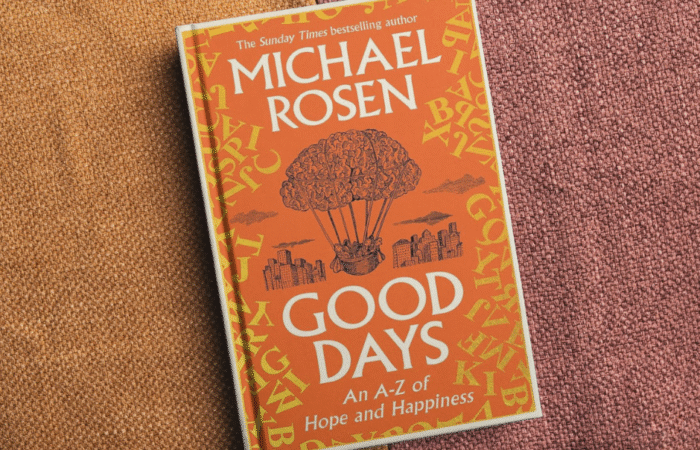
Spirit of the time – a reset for residential child care rolling back Care Review relegation
Words can catch a moment, a spirit of a time.
Currently there is the word ‘reset’ as used by the government to describe discussions with the European Union regarding some form of renegotiation of what has become known as Brexit.
What was once thought best as a policy option now is being rethought.
Policy is not set in stone. It is fluid, contextual, dependent on the conjuncture of influences at that the time of the decision.
Knowing this we can see that the recent moves for the relegation of residential child care as a positive placement option was started by the Care Review and can and must be rolled back before we inherit the consequences.
If the Care Review saw the care system as broken it was in a different way than other observers (incl NCERCC) who saw it was fragmented and in need of restoration to be resilient and able to act ‘on task’ not be taken ‘off task’. There were islands of functioning amid seas of chaos. The Care Review never did a functional analysis. It was 2 things, reactive (even perhaps reactionary) and ideological (not evidenced except by populist consultation exercises that were weighted against minority views and thus exclusionist by procedure. Large pieces of evidence had to be unseen, for example, the consistent positive outcomes of Ofsted inspections of children’s homes.
Move fast and break things is the disrupters maxim. The Care Review has morphed into the Children’s WellBeing Bill gathering momentum as it goes through Parliamentary procedure that should provide a check and balance for all legislation. The cross-party Parliamentary view seems to be that the Care Review conforms to the definition of disrupters taking bold actions that break the status quo to create positive change in a world where common approaches are just not enough anymore. Was that really the case? No, all was able to be shaped; but the ideology that motivates the momentum says not.
The Care Review and now the Children’s WellBeing Bill omits the full range of children. It addresses only the first of the three groupings consistently found in research.
The needs of Children in Care can be seen to correspond to three groupings:
· children with relatively simple or straightforward needs who require either short-term or relatively ‘ordinary’ substitute care (likely kinship or fostering)
- children or families with deep rooted, complex, or chronic needs with a long history of difficulty and disruption, including abuse or neglect requiring more than simply a substitute family (mainstream ‘family group’ type homes providing supportive developmental and maturational opportunity)
- children with extensive, complex, and enduring needs compounded by very difficult behaviour who require more specialised and intensive resources (identifiably treatment orientated – therapeutic, secure, psychiatric, disability)
There is more such consistent evidence.
It needs to be known.
The policy makers only have to ask those that know where to find it.
NCERCC has provided an insight into the wealth of material in its evidence to the Education Select Committee Inquiry into children’s social care (see committees.parliament.uk/writtenevidence/132795/pdf/)


